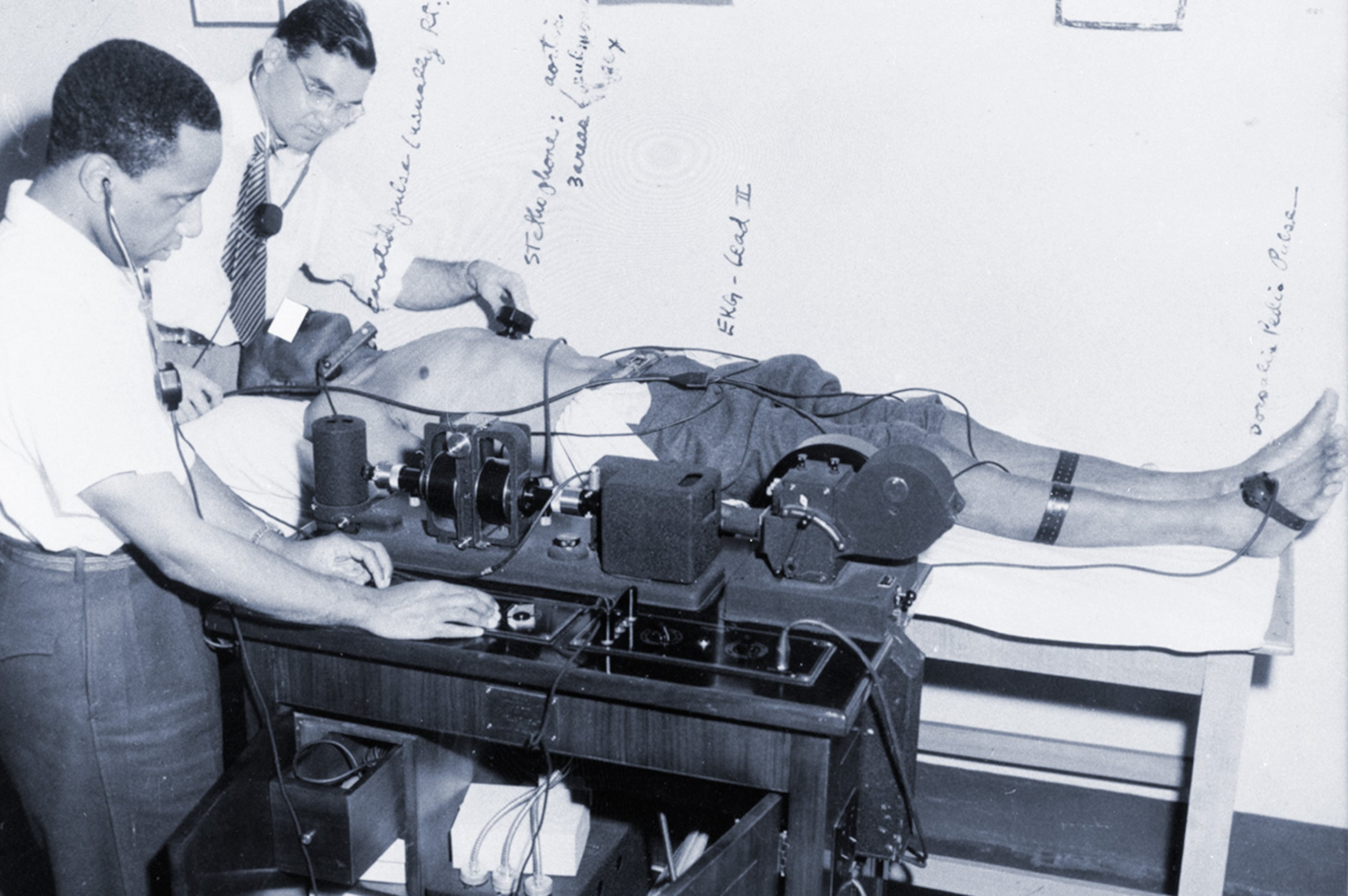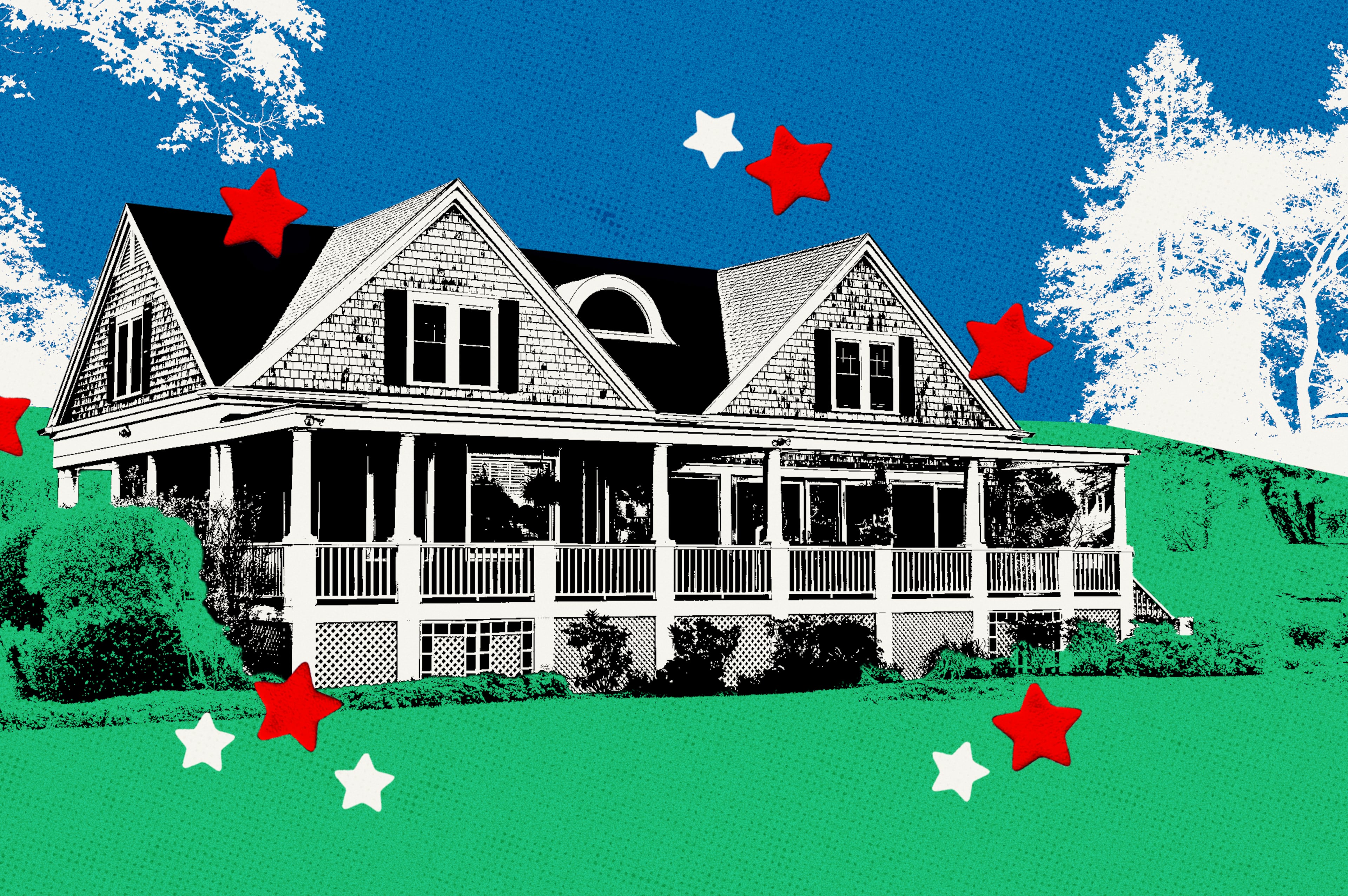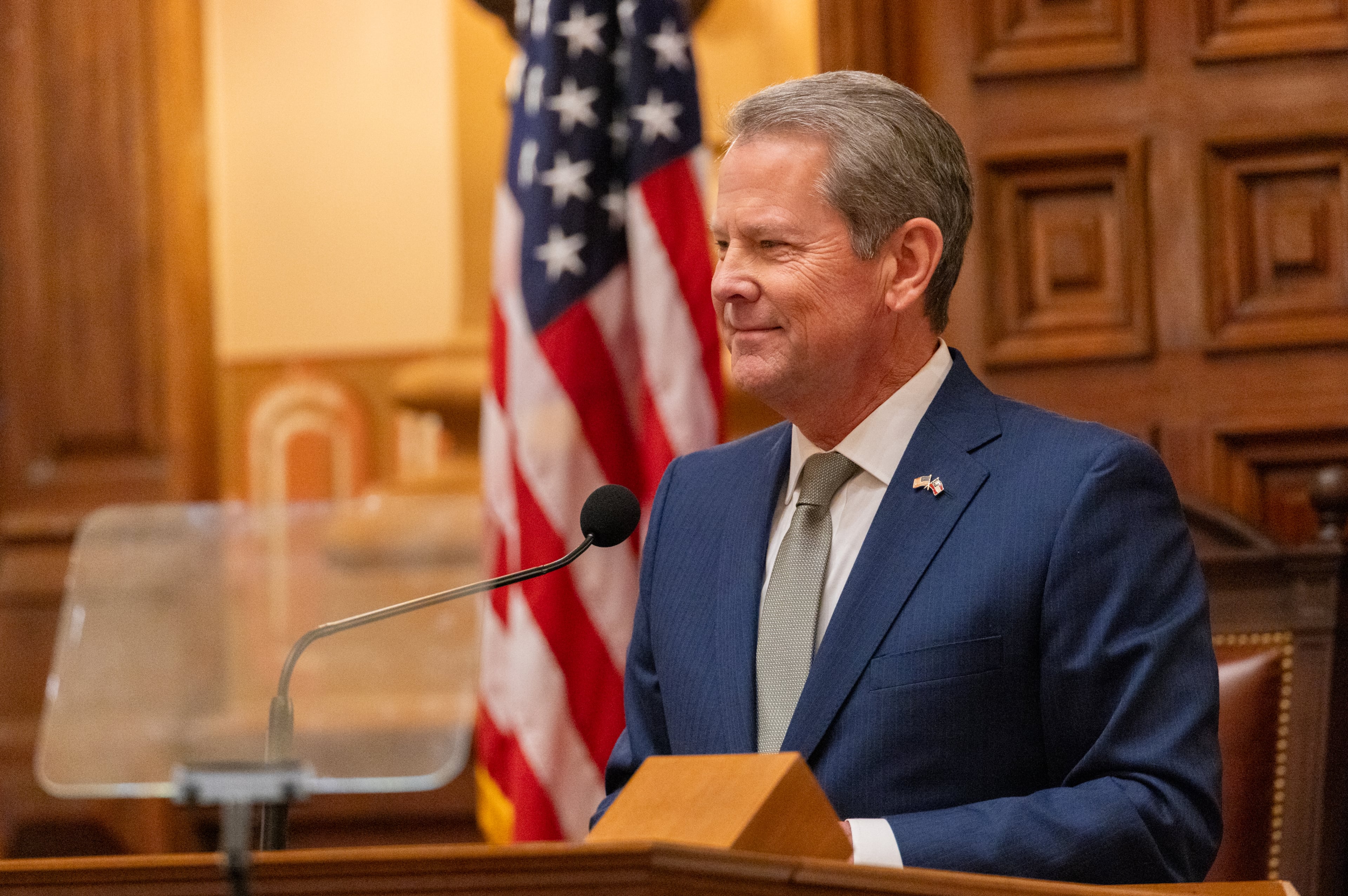Solutions: Linking small farmers with consumers grows better access to healthy food

WHAT YOU NEED TO KNOW
- Community groups and nonprofits are working in New Orleans to keep strong the city’s centuries-old tradition of fresh food markets.
- Food markets can help reduce “food deserts” that limit access to healthy, fresh food for people in low-income areas.
- The markets and groups associated with them provide a valuable network for sharing business and other knowledge with growers.
- Exchanging information and perspectives has helped small growers persevere after devastating storms that are common in New Orleans.
New Orleans has always had a special relationship with food. The first food market building, the French Market, was erected in 1791, selling meat, spices, vegetables and fish. While food systems have globalized, New Orleans has maintained local food cultures, traditions, recipes and, lately, seen the return of a vibrant market scene.
Market Umbrella, a nonprofit that puts on the Crescent City Farmers Market (CCFM) in City Park, Mid-City, and Uptown, has helped drive this trend. Started in 1995, the CCFM invites different farmers and sellers specializing in flowers, vegetables, fruits, pasta, seeds, spices and prepared cuisines to participate in weekly markets. Market Umbrella’s goal is to fuel the local food economy while caring for community health.
In New Orleans, 23% of residents live more than a half mile from a grocery store, with certain tracts of the city considered food deserts. The cost of fresh food can also be prohibitive for the nearly quarter of the population living in poverty.
Angelina Harrison, director of markets for Market Umbrella, believes the CCFM has a duty to serve its producers and consumers in sustainable and accessible ways. “Small scale is much more resilient and sustainable,” Harrison said.
CCFM runs various programs, like the Farmers Market Nutrition Program, Market Match, and SNAP Education to increase affordability for shoppers. The Greaux the Good program takes customers’ SNAP food-stamp benefits and doubles them to increase their spending power at the market.
CCFM also has initiatives in place for vendors. They offer networking opportunities, technical assistance for growers and small business development classes. They also connect producers with other potential clients, including schools, food banks, or restaurants.
In October 2021, two months after Hurricane Ida, the market raised over $180,000 for mutual aid grants. Farmers could apply to receive financial assistance for damaged equipment or crops. The money helped growers as they waited for federal aid to come through, a process that could take weeks or months. They want vendors to be ready for storms and able to bounce back quickly so that customers know they can rely on their local food producers.
Many of the vendors at CCFM share the organization’s values around community, quality food, and mutual aid. Meet three farmers who fit that mold.
A small-scale vegetable farmer
Lester Williams, CEO of Williams Produce and Coupee Minority Farmers Cooperative, has been growing produce in Batchelor, La., for decades. First introduced to gardening by his mother, Williams loved the freedom and fun he experienced while working the soil.
“Our parents always had gardens, so I’ve always grown up with one in my backyard,” Williams said. “When my mother got older, she had to start going to the store to get her produce. She hated it.”
Williams began to grow vegetables in his childhood garden so his mother could have the fresh food she’d always fed him. She began sharing the produce her son grew with her friends, who preferred it to their local grocery store’s offerings.
Williams started by working with his local agricultural cooperative. They leased him land and sold his harvest on his behalf, giving him a stable income. But Williams wanted more control over what he grew and he disliked having to apply for government loans to help get him from one growing season to the next. Often, he said, the local U.S. Department of Agriculture representative would deny him the loans, straining his finances.
“I like farmers markets because they help me communicate with other farmers and sell more of my produce,” Williams said.
A pair of urban farmers
Annie Moore and Cheryl Nunes lived in New Orleans in 2011, repairing and rebuilding houses after Hurricane Katrina. They later left the state, but returned to the Big Easy in 2017.
They started by growing on an urban lot to sell their crops in pop-up markets at their local coffee shop and participating in the ReFresh Market run by SPROUT NOLA, a nonprofit that works with small farmers in the city. Eventually, they set up an 88 acre farm in the West Bank growing kale, spinach, arugula and many more greens. They became vendors at the Crescent City Farmers Market. They called their operation River Queen Greens (RQG).
“It’s fun running an unconventional business,” Moore said. “I like having a lot of variety in my day.”
“I like interacting with our customers,” Moore said. Everyone’s always happy and eating delicious food and feeling the abundance. It’s a time when we share with the community.”
But in-person market days came to a halt when COVID-19 lockdowns began in March 2020. “When COVID first hit the world, we had just started our online pre-subscription, so it was super easy for us to pivot to 100% online,” Moore said. “Within a couple of weeks, we went from having 40 customers to having over 200 customers.”
An advocate and educator
Terence Jackson is a fifth-generation farmer from Tuskegee, Ala., where he learned to farm alongside his family in rich soil on expansive fields.
In 2021, he took his farming skills and moved to New Orleans as a contractor for SPROUT NOLA. SPROUT allows farmers just starting out to build up a customer base and smooth out their market day routines. Jackson also led a workshop training farmers to expand their revenue through agritourism, crop diversification and value-added products.
He believes his responsibility as a farmer is to provide for others, which may not be limited to food.
“(Hurricane) Ida forced me to quickly adjust, so I could help those in my community,” he said. Storms are a constant in New Orleans, and Jackson is figuring out additional ways SPROUT can serve growers. When he visits a farm, he brings his drone with him to photograph it for insurance purposes.
Another initiative that’s important to Jackson is finding ways to build a bridge for more farmers to connect with one another, exchange knowledge on growing and share it with the next generation of farmers. Most farmers are over 50 years old and Jackson says the way to get them to open up is through storytelling.
“It’s important that they are the ones who share these stories because many times it’s never told from their perspective,” Jackson said.
This project was done as part of Southerly’s Community Reporting Fellowship.
About the Solutions Journalism Network
This story is republished through our partner, the Solutions Journalism Network, a nonprofit organization dedicated to rigorous reporting about social issues.


